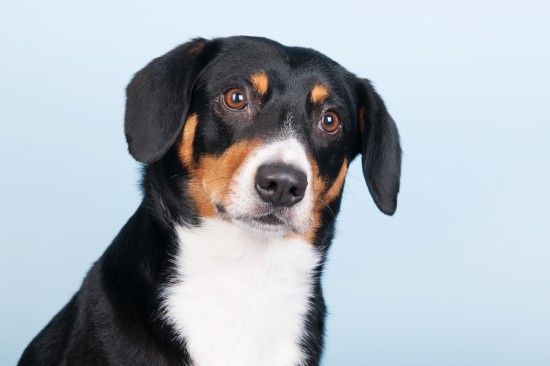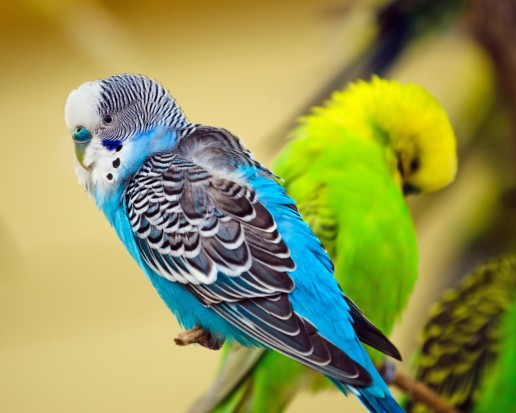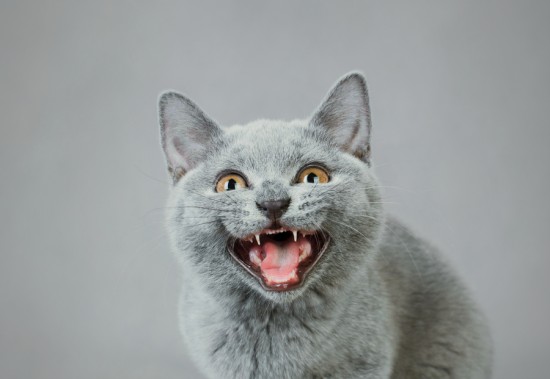It is not necessarily a good idea for your pet to have too many vaccination shots.?Although they offer protection against severe diseases, they can also produce numerous harmful side effects.?This means your dog or cat should not be vaccinated anymore than they have to be.
It is not necessarily a good idea for your pet to have too many vaccination shots.?Although they offer protection against severe diseases, they can also produce numerous harmful side effects.?This means your dog or cat should not be vaccinated anymore than they have to be.
There are quite a few pets that suffer immediate side effects from the shots, with the most common side effect being a mild fever up to 104 degrees Fahrenheit.?This is particularly a problem with cats.?Other pets may lose their appetite and become lethargic.?These are all normal responses as the immune system adjusts to the shot, so they will go away after a few days.
One of the most serious problems with vaccination shots however is the incidence of cancer developing in the future.?Studies have found that more pets are developing cancer right at the site of injection.?With these problems, new vaccine protocols were introduced.
However, not everyone is in favor of these new protocols though.?Both manufacturers and veterinarians alike make a lot of money every year as a direct result of owners getting their pets vaccinated.?If they stop giving as many shots, then they stand to lose a lot of money every year.
Therefore, it is important for all owners to become educated as far as vaccinations are concerned.?You will want to form a relationship with a veterinarian you trust.?Your vet will need to put your pet's well-being ahead of anything else.?You two will need to discuss your options for your pet's specific case.
The length of protection each shot offers will vary in each individual pet.牋 This means your dog or cat may not need a shot every year like others.?However, annual shots will help keep your cat protected against major diseases much better.
It is also important to take into account the quality of the vaccine.?Many of them utilize live or weakened organisms.?If they were left in the sun or in an area with elevated temperatures, the organisms may no longer be viable, making the vaccination shot ineffective.
Your veterinarian will likely suggest your pet receive at least a few major shots on a yearly basis.?One of the most important is rabies.?This is particularly important if your pet spends a lot of time outside.?Other important shots help to protect your dog or cat from other conditions such as distemper, infectious canine hepatitis, leptospirosis, and parainfluenza.

 An Introduction To The Four Sennenhund Dog Breeds
An Introduction T
An Introduction To The Four Sennenhund Dog Breeds
An Introduction T
 Train your pet to be comfortable in dog clothes
Train your pet to be comfortable in dog clothes
Train your pet to be comfortable in dog clothes
Train your pet to be comfortable in dog clothes
 Budgerigar Colour Genetics
Budgerigar Colour
Budgerigar Colour Genetics
Budgerigar Colour
 Caring For Your Puppy While You Are Out
Caring For Your P
Caring For Your Puppy While You Are Out
Caring For Your P
 Your Cats Body Language
Your Cats Body La
Your Cats Body Language
Your Cats Body La